We want our customers to feel confident in the food they are purchasing. No-GMO,
Pesticides, or Chemicals.
Regenerative & BIO-Dynamic Farming Practices.

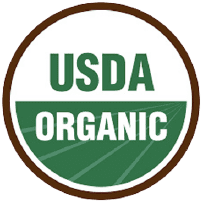
is an official designation issued by the U.S. Department of Agriculture, confirming that a product meets national organic standards. It ensures that crops and livestock are produced without synthetic pesticides, fertilizers, genetically modified organisms (GMOs), or other prohibited practices. This certification verifies that farmers and producers follow strict guidelines for soil quality, animal welfare, and sustainable farming methods. Products bearing the “USDA Organic” label can be marketed as truly organic, both in the U.S. and internationally.
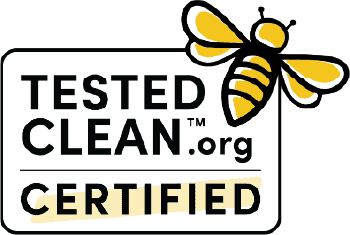
is a certification that verifies consumer products—such as supplements, food, or personal care items—have been independently tested for harmful contaminants. This includes residues like pesticides, heavy metals, solvents, and other toxins that may not be addressed by standard organic or safety certifications. The Tested Clean label ensures transparency and product purity, giving consumers confidence that what they’re using or ingesting is free from dangerous substances. It is especially valued by health-conscious individuals seeking cleaner, safer alternatives in the marketplace.
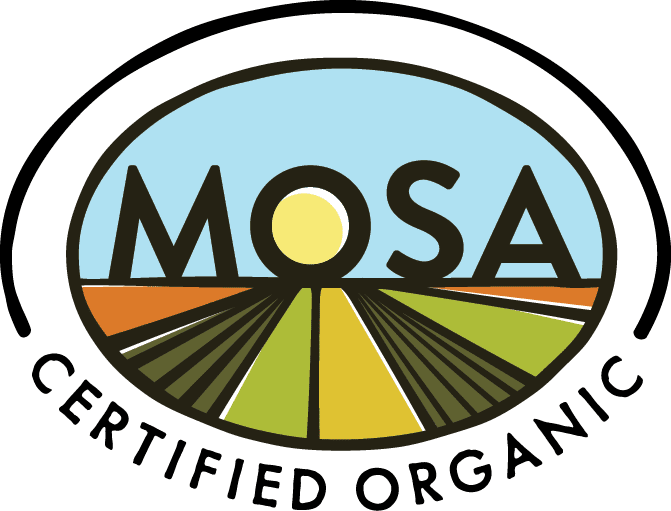
refers to organic certification provided by the Midwest Organic Services Association (MOSA), one of the leading USDA-accredited certifying agencies in the United States. MOSA ensures that farms and businesses meet strict organic standards, including the use of non-GMO seeds, prohibition of synthetic chemicals, and promotion of ecological balance and soil health. The certification confirms compliance with USDA National Organic Program (NOP) regulations, allowing producers to label and sell their products as certified organic in the marketplace.
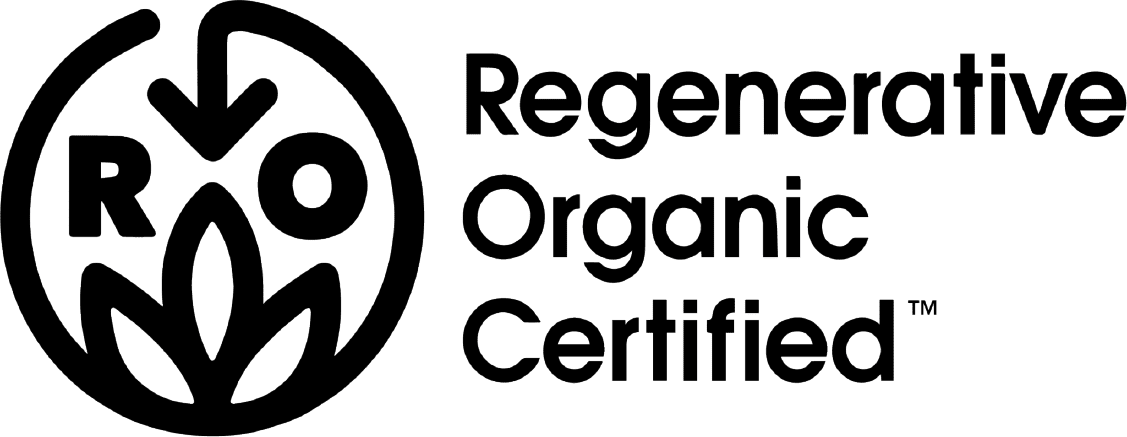
is a certification that goes beyond traditional organic standards by emphasizing not only the absence of synthetic chemicals and GMOs, but also environmental regeneration, animal welfare, and fair labor practices. Managed by the Regenerative Organic Alliance, ROC builds on the USDA Organic foundation and adds rigorous criteria for soil health, biodiversity, carbon sequestration, and ethical treatment of workers and animals. This certification aims to promote farming practices that restore the planet while supporting healthy communities and ecosystems.
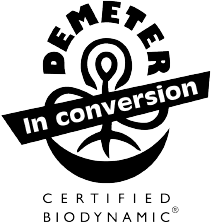
is an internationally recognized label for products produced according to biodynamic farming principles, a holistic and regenerative approach to agriculture. Managed by Demeter International, it is one of the oldest organic certification systems in the world. Demeter standards go beyond USDA Organic by requiring not only organic practices, but also specific methods that enhance soil vitality, biodiversity, and farm self-sufficiency. The certification ensures ecological harmony, ethical animal treatment, and minimal processing, resulting in high-quality products that support both human and environmental well-being.
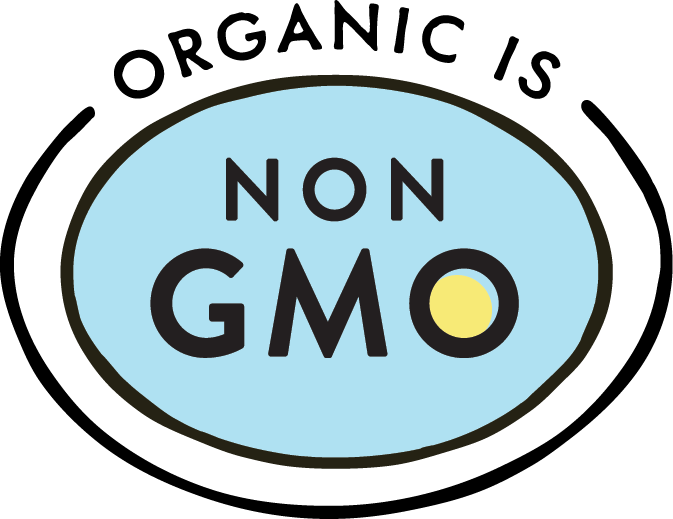
is a trusted third-party certification that confirms a product has been produced without the use of genetically modified organisms (GMOs). Overseen by the Non-GMO Project, this verification involves rigorous testing, traceability, and ongoing compliance with strict standards to ensure that GMOs are avoided throughout the supply chain. The butterfly seal on a product signals to consumers that it meets the highest standards for GMO avoidance in North America. This certification is widely recognized by individuals seeking transparency and natural, unmodified food and product choices.
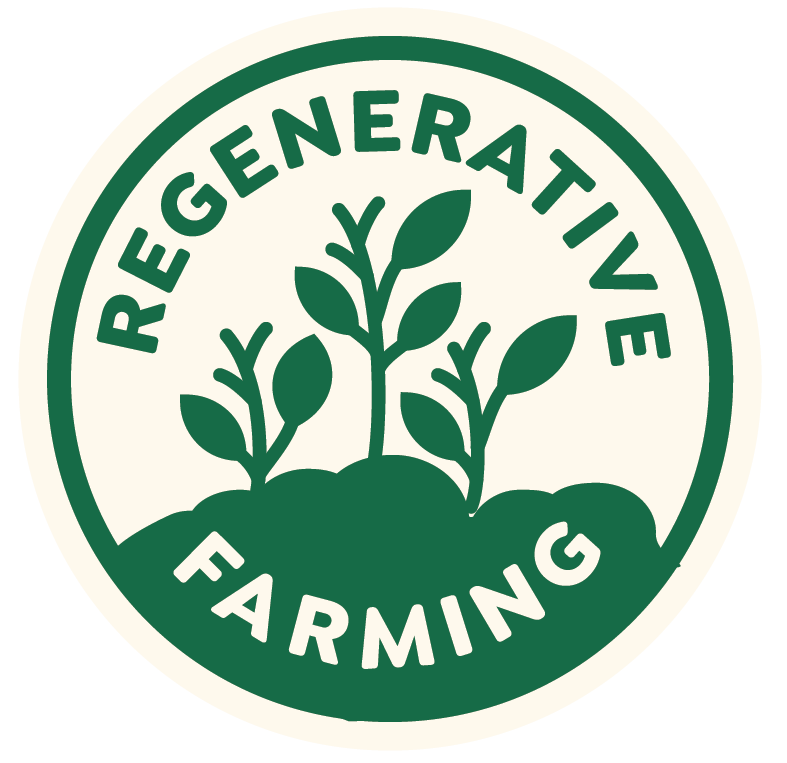
is an agricultural approach focused on restoring and enhancing the health of ecosystems through practices that rebuild soil fertility, increase biodiversity, and improve water cycles. Unlike conventional or even standard organic farming, regenerative methods aim to draw carbon from the atmosphere into the soil, helping to combat climate change. Key practices include cover cropping, reduced tillage, composting, and rotational grazing. Rooted in Indigenous wisdom and ecological principles, regenerative farming supports long-term sustainability by prioritizing soil health, farm resilience, and environmental balance.

Since 1983, the Something Special from Wisconsin™ program has helped local products and businesses stand out. Its logo offers a quick, trusted way to spot genuine Wisconsin goods at grocery stores, markets, restaurants, and more. Any business—large or small—can join if at least 50% of the product’s value comes from Wisconsin ingredients, production, or processing.
